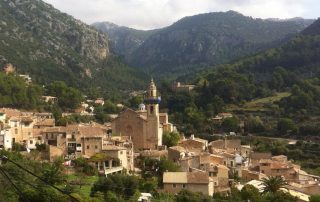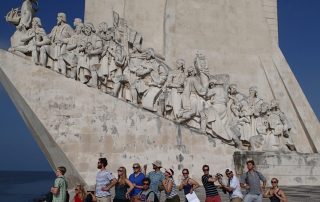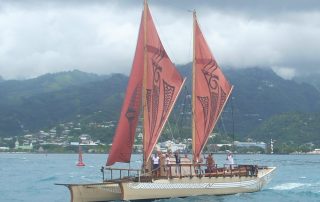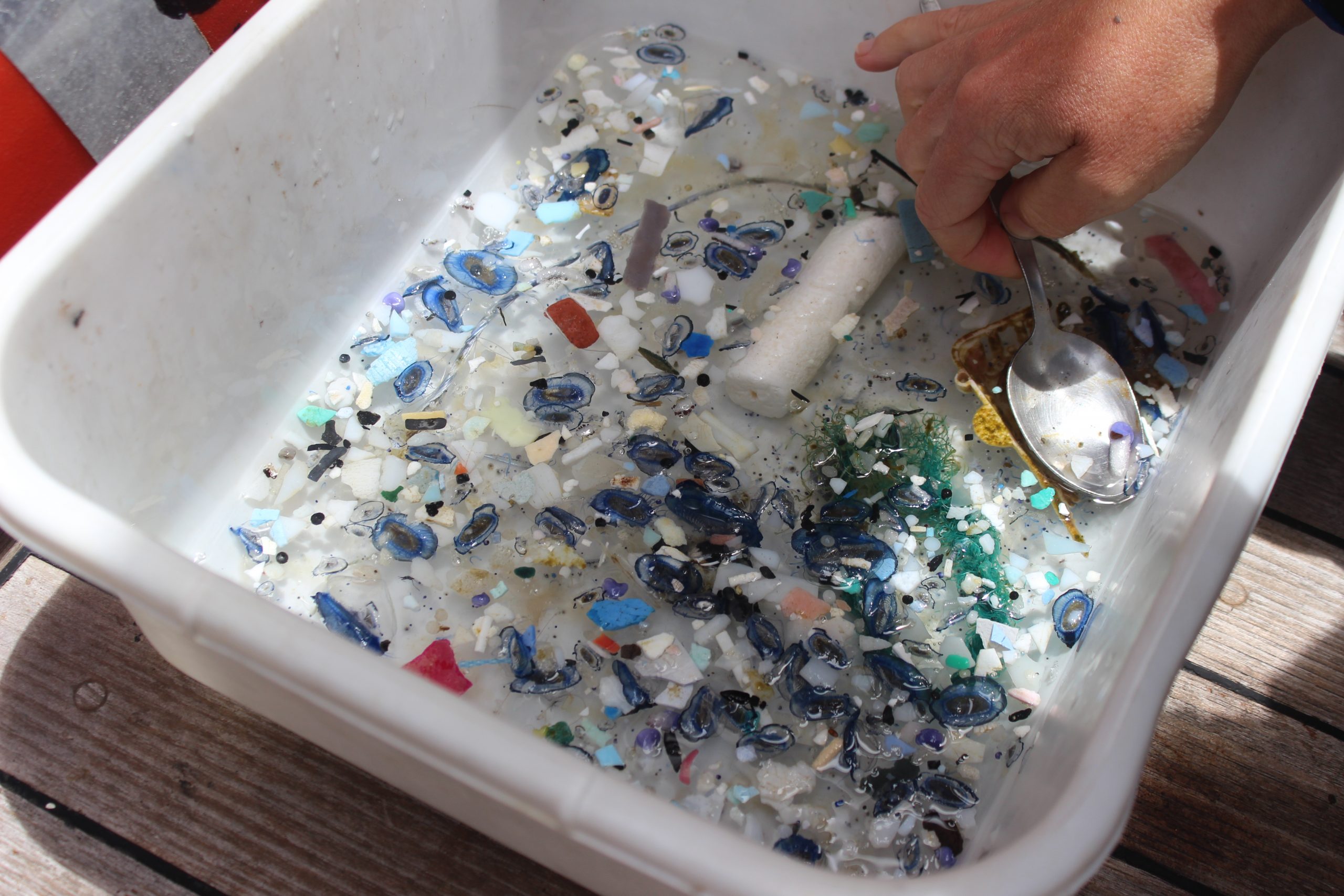Maritime History and Culture
Research @ SEA
Maritime History and Culture
Cultural sustainability is the capacity of groups of people to develop and maintain modes of living on their own terms through knowledge, practices, social networks, and objects that hold significance for them. Over several centuries, the regions through which SEA vessels sail have experienced dramatic changes from European and American mariners, missionaries, colonial governments, and migrations. New species of plants and animals were introduced, agriculture and fishing techniques altered, trading networks expanded, and community demographics impacted. SEA Semester students examine relationships between people and their environment, appreciating the myriad ways current practices are firmly rooted in tradition while wrestling with the challenge of defining and applying concepts of cultural sustainability in the face of shifting global and regional processes. Student research methods include participant observation, such as attending ceremonies and joining people in their everyday activities, conducting structured individual and group interviews, and collecting photographic and audio-visual data.
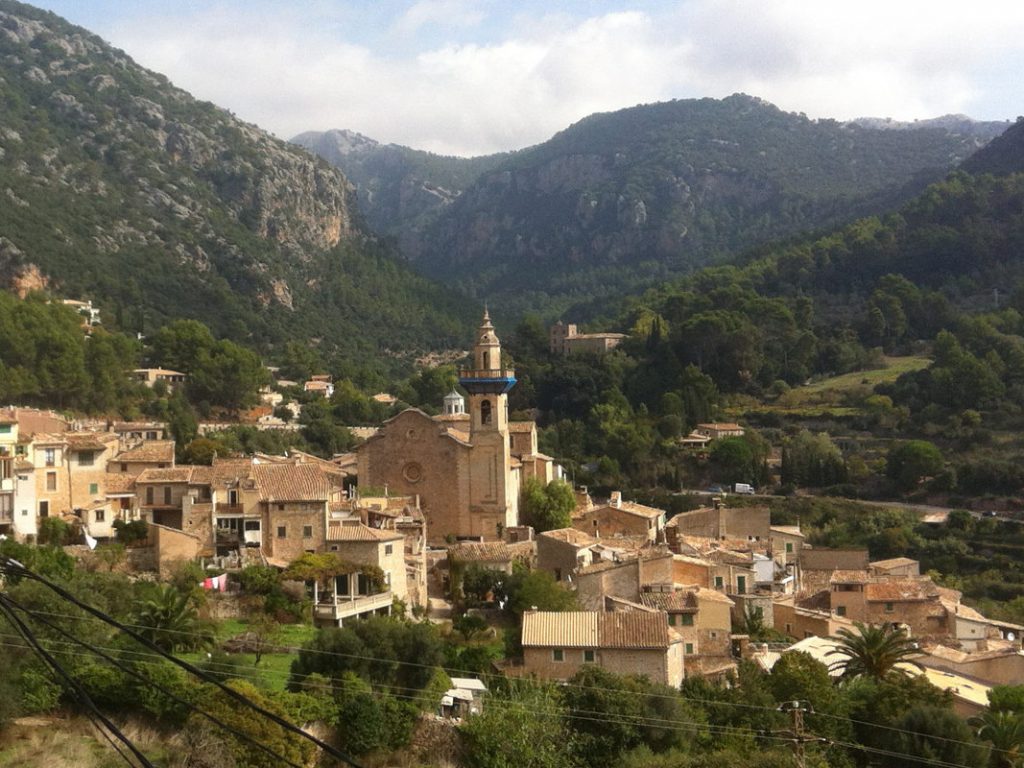
Colonial legacies
Many of the areas visited by SEA vessels are former colonies, now either fully independent or autonomous. The impacts of resource extraction and cultural mixing are key elements of their modern maritime infrastructure and culture. Student research focuses on histories of natural and human resource exploitation, and the visible and otherwise discernable evidence of such activities’ lasting impacts.
Cultural identity
Social, economic and political intrusions sustained by maritime communities over the last several centuries have led to moments of cultural erasure while also providing novel opportunities for (re)definition of self and society on local terms. SEA students examine the various ways maritime peoples engage with essential questions of human cultural identity. These include indigenous movements; the role of history in shaping contemporary self-image; and the opportunities and obstacles presented by new ideas, emergent technologies, and social networks as means to define and redefine local connections to the sea, to each other, and to the wider world.
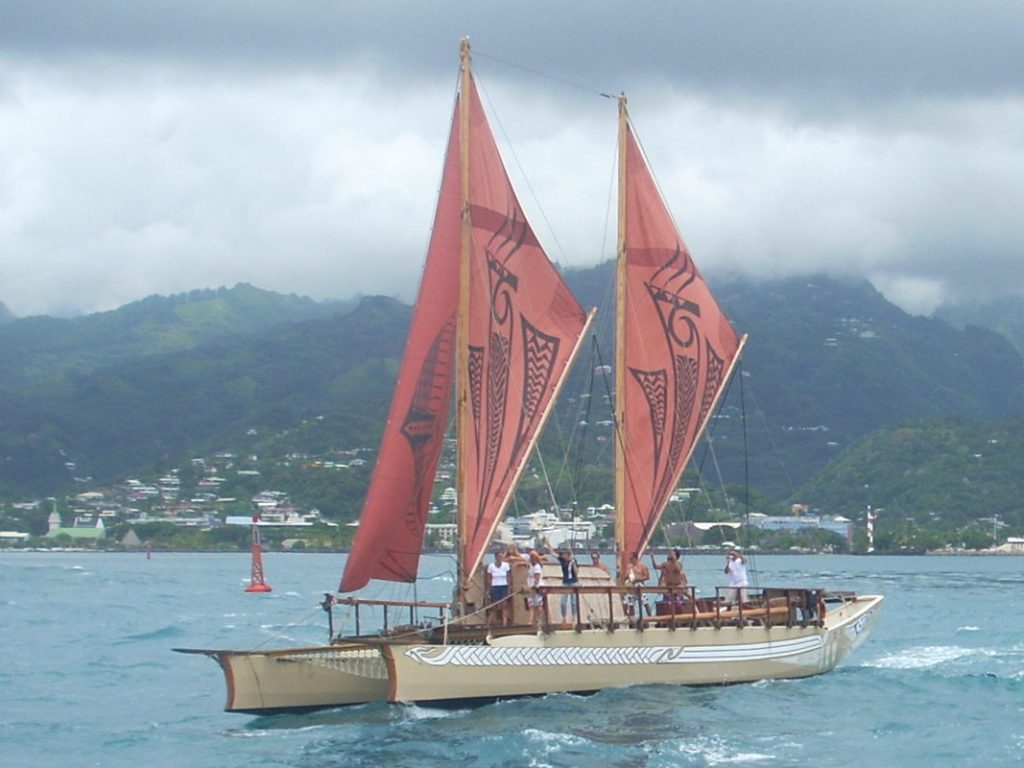
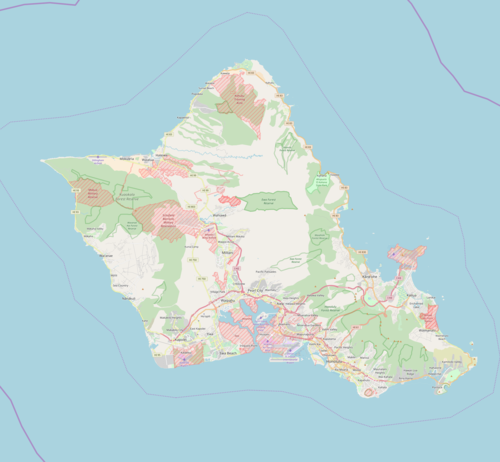
Demographic patterns
Forced and voluntary migrations into and out of maritime communities, including extended coastal regions and small islands, have important influences on local demographics and culture. Population concentration in urban maritime environments is a common trend; the degree to which these patterns affect community standards of living and economic outlooks are assessed within the context of colonial history. Patterns of demographic movement and change are also crucial markers of the human impacts of climate change.
Rise of the tourism industry
For many maritime communities, the 20th century brought a shift away from production or extraction industries and towards service industries associated with tourism. The rise of the popular notion that recreation in a marine environment is feasible and desirable has led to dramatic increases in both tourist-oriented activity and infrastructure that facilitates use of the seashore and coastal waters as vacation destinations. Across our varied port stops, SEA students examine the degree to which tourism transforms maritime communities as well as the impacts of those transformations.
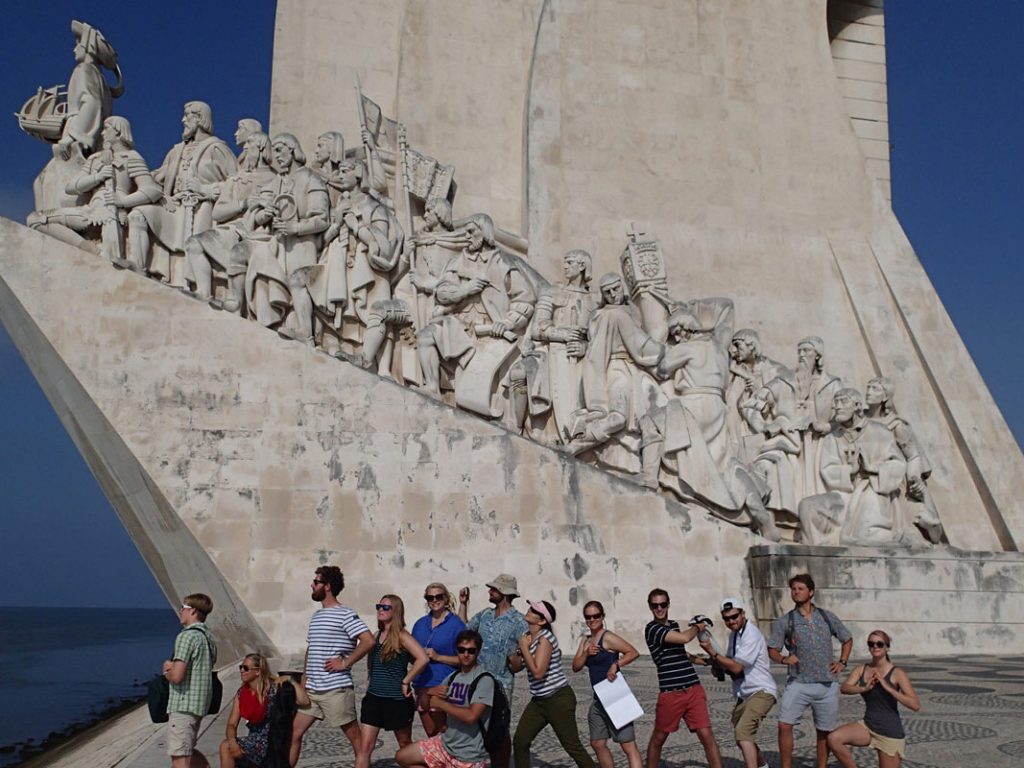
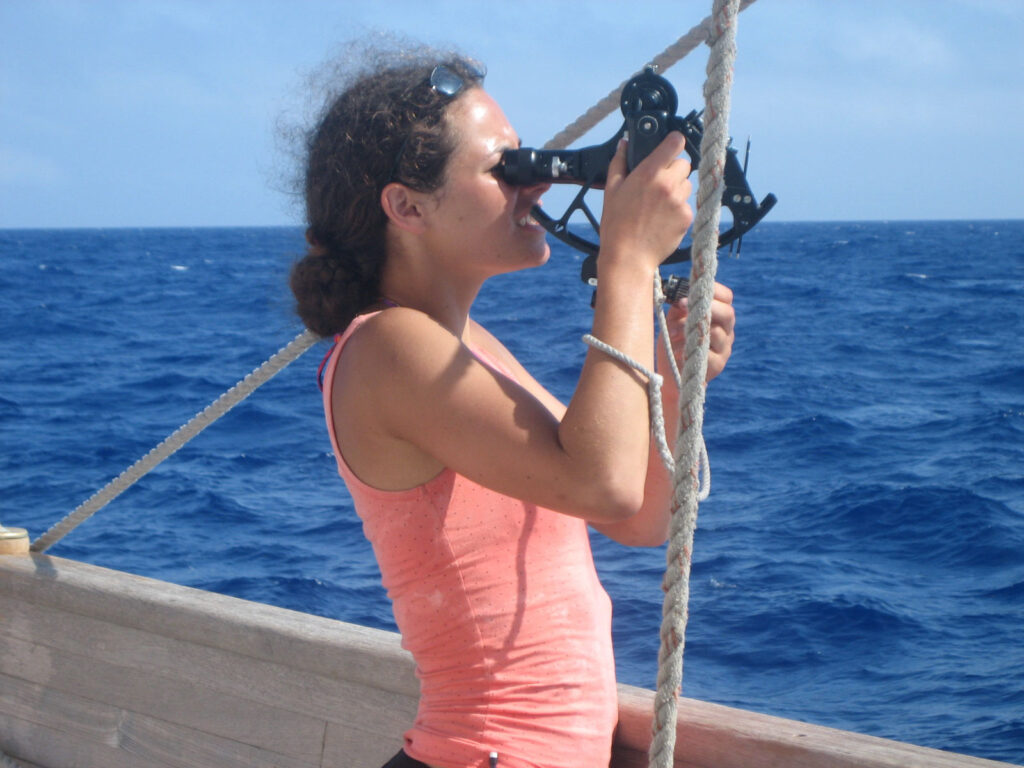
Technology and development
The story of human interaction with the sea is one of ever-changing technology designed to increase the accuracy, speed and efficiency of moving goods, transferring information or extracting valued items from the ocean. SEA Semester students study advances in navigational technology from early celestial navigation to modern GPS, as well as increased ship size and capacity for transport, fishing and other extraction activities. These technological advances tie into issues of sustainability, growth of seaports, and economic development.
Trade
In order to understand maritime communities’ place in the larger history of human events since the early modern period, it is essential to examine the what, who, why and how of the movement of goods across water over time. SEA Senester students investigate the regional impacts of trade, exploring the varied ways in which a trajectory of ever-increasing efficiency in water transport affects both large and small communities.
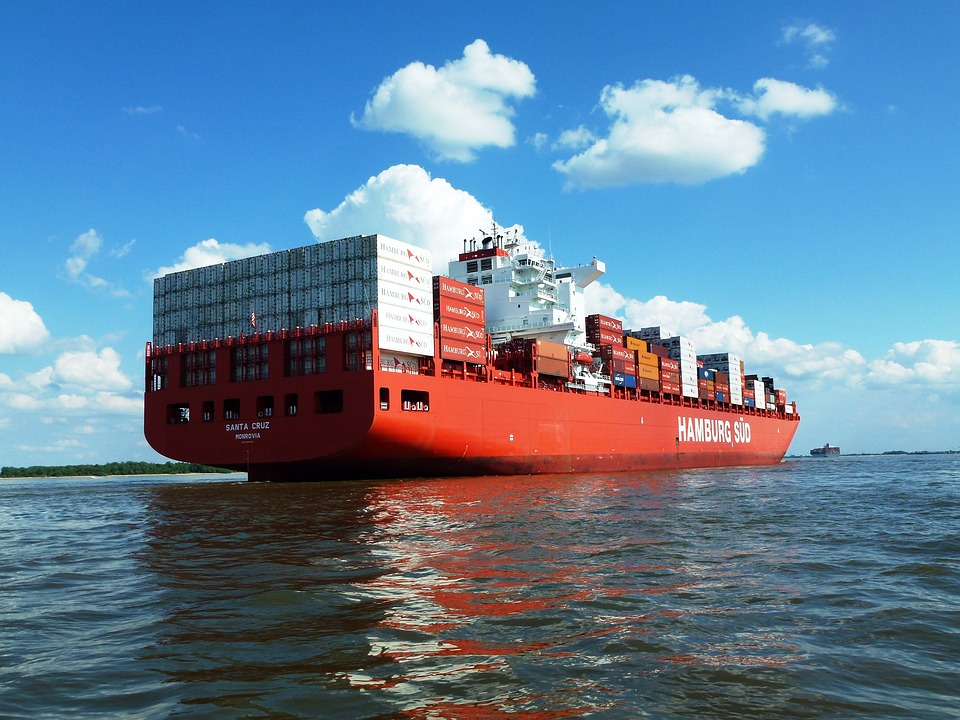
Papers and Publications
Caputi, C., 2017. Rainwater storage systems enhance freshwater supply in urban and rural Tonga. Unpublished student research paper, Class S-275, Sea Education Association, Woods Hole, MA.
Resetarits, H., 2017. The effect of colonization on Maori culture and New Zealand fisheries. Unpublished student research paper, Class S-271, Sea Education Association, Woods Hole, MA.
Stocker, L., 2016. Economic impacts of the Caribbean banana industry. Unpublished student research paper, Class C-271, Sea Education Association, Woods Hole, MA.
Homans, S., 2017. Maori health decline and health care inequality post-colonization in New Zealand. Unpublished student research paper, Class S-271, Sea Education Association, Woods Hole, MA.
O’Connor, E., 2017. Grassroots environmental movements and deep sea oil drilling in New Zealand. Unpublished student research paper, Class S-271, Sea Education Association, Woods Hole, MA.
Jortikka, A., 2017. Tourism and its impact on New Zealand. Unpublished student research paper, Class S-271, Sea Education Association, Woods Hole, MA.
Claytor, B., 2017. New Zealand sailing culture. Unpublished student research paper, Class S-271, Sea Education Association, Woods Hole, MA.
Savage, M., 2017. Is New Zealand Middle-earth? Unpublished student research paper, Class S-271, Sea Education Association, Woods Hole, MA.
Wasmer, L., 2017. Native American and Maori adaptation to the European whaling industry. Unpublished student research paper, Class S-271, Sea Education Association, Woods Hole, MA.
Philips, E., 2017. Traditional medicine in the face of modernization. Unpublished student research paper, Class C-271, Sea Education Association, Woods Hole, MA.
Hughes, M., 2017. A nation at war: how war experiences in New Zealand differed from World War I to World War II. Unpublished student research paper, Class S-271, Sea Education Association, Woods Hole, MA.
Brito, K., 2017. Culture, history and politics of Maori forest land use. Unpublished student research paper, Class S-271, Sea Education Association, Woods Hole, MA.
Lippert, T., 2017. Comfortable water: rum and the legacy of sugar in the Caribbean. Unpublished student research paper, Class C-271, Sea Education Association, Woods Hole, MA.
Karsten, E., 2016. Western NGO’s resilience and capacity building techniques in Pacific Islands. Unpublished student research paper, Class S-269, Sea Education Association, Woods Hole, MA.
Bernstein, A., 2016. Surf tourism and sense of place in the South Pacific. Unpublished student research paper, Class S-269, Sea Education Association, Woods Hole, MA.
Choudhury, T., 2016. Women in agriculture in Tonga and Fiji. Unpublished student research paper, Class S-269, Sea Education Association, Woods Hole, MA.
Ekern, W., 2016. The history of qoliqoli (clans) and ensuing environmental impacts. Unpublished student research paper, Class S-269, Sea Education Association, Woods Hole, MA..
Blount, J., 2016. Western influences on the role of Samoan fa
Sieger, H., 2016. Women
Newmann, E., 2016. Cultural identity in Samoan, Fijian and Tongan post-colonial education systems. Unpublished student research paper, Class S-269, Sea Education Association, Woods Hole, MA.
Louis-Perkins, T., 2016. The necessity of Fijian language in traditional way finding. Unpublished student research paper, Class S-269, Sea Education Association, Woods Hole, MA.
Prunk, A., 2016. Indentured servants in Fiji: legacies and political implications. Unpublished student research paper, Class S-269, Sea Education Association, Woods Hole, MA.
Sehrer, K., 2014. The influence of port traffic on biosecurity policy effectiveness. Unpublished student research paper, Class S-256, Sea Education Association, Woods Hole, MA.
Moriarty, S., 2014. An unstable necessity: Island trade in French Polynesia. Unpublished student research paper, Class S-251, Sea Education Association, Woods Hole, MA.
Long, M.*, 2017. Building a better South: the maritime reconstruction of Florida. Costal Perspectives Series (invited speaker). University of Connecticut, Avery Point, CT.
Marin, C.*, 2017. Black maritime workers in early America: challenging slavery and shaping freedom then and now. Hudson River Maritime Museum (invited speaker), Kingston, NY.
Latest Research News
SEA’s Dr. Kara Lavender Law: collaborating to solve ocean plastic pollution
A new report, "The future of ocean plastics: designing diverse collaboration frameworks," coauthored by SEA's Research Professor of Oceanography Kara Lavender Law, was [...]
SEA Plastics Lab Launches New Website
This week, the SEA Plastics Lab launched a new website intended to be a valuable resource for those interested in learning more about [...]
Dr. Jeff Schell Receives Henry L. and Grace Doherty Chair of Ocean Studies
SEA Professor of Oceanography Jeff Schell has been named the inaugural recipient of the Henry L. and Grace Doherty Chair of Ocean [...]


